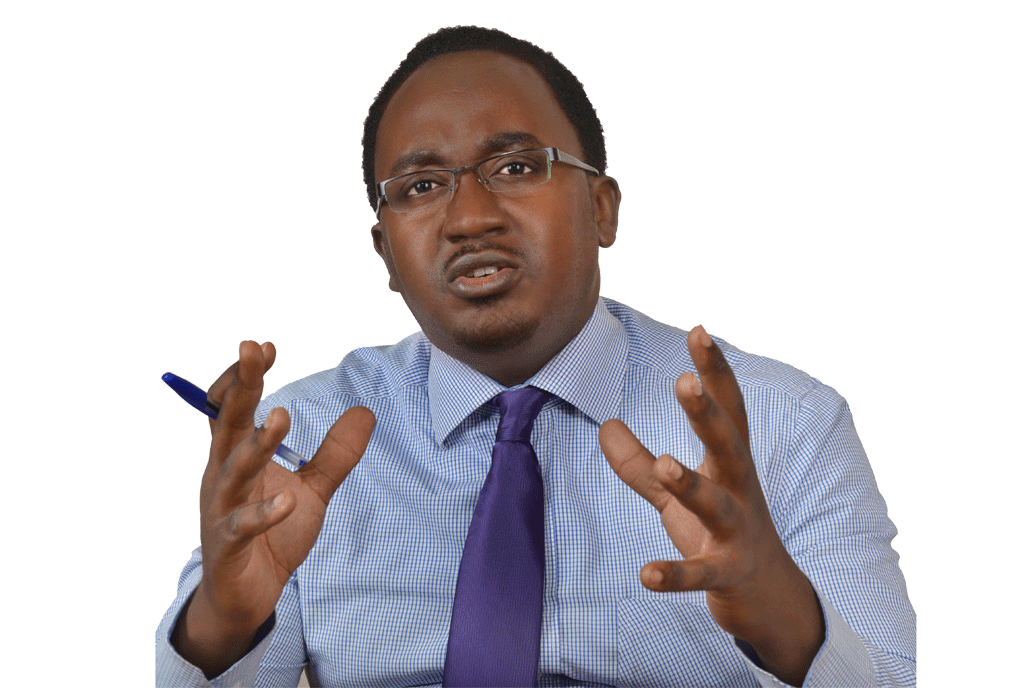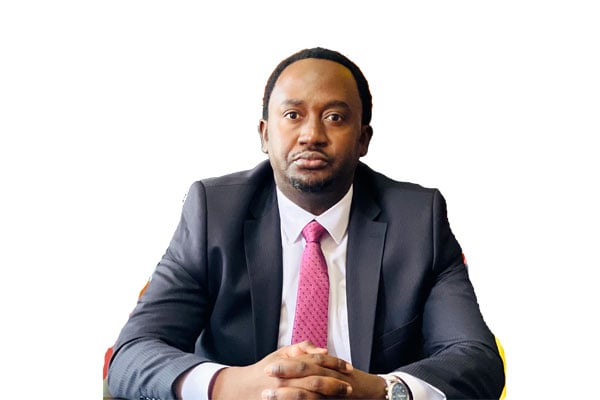Prime
Pride comes before a fall

Author: Crispin Kaheru. PHOTO/FILE
What you need to know:
- The first step to successfully dealing with hubris is to identify it.
- Focus on its main symptoms. These need to be treated early enough and continuously.
Hubris is a personality trait that involves excessive pride, confidence, and self-importance.
Hubristic individuals tend to overestimate things such as their abilities, knowledge, importance, and likelihood of success. For example, a hubristic person believes that they are never wrong, are guaranteed to succeed in all their ventures, or that they deserve to be above the law.
They deserve to be above the law? Yes! That’s exactly what they feel and they tend to live out their aspirations. The main danger of hubris is that it clouds people’s judgment in various ways. Many times, hubristic individuals make decisions that are bad for them and for others who are affected by those decisions.
Since this trait involves overconfidence in one’s knowledge and abilities, it can lead people to overestimate their ability to achieve positive outcomes in various domains. They may take unnecessary risks.
Although there are examples of hubristic individuals in every area of life, this phenomenon is most commonly associated with those who hold positions of power. Hubris also involves having energy or power and misusing it self-indulgently.
In today’s Uganda, there are notable examples of individuals that qualify as hubristic. Individuals who intentionally commit acts meant to dishonour victims.
The ones who ‘know the system’ and manipulate it for pure self-glorification. In fact, due to their mastery of the ‘system’, they’ve honed the skill of getting away with anything – from corruption to merely leading a life of sheer impunity.
The litany of corruption scandals in Uganda simply shows the level of recklessness, impulsiveness and loss of contact with reality that we are being forced to endure today.
Hubristic individuals always exhibit unwillingness to consider undesirable outcomes, refusal to feel accountable to others; but also, they’ve been known to rely on a simplistic formula for success and an impaired moral campus, all of which in the end lead to adverse outcomes – for themselves and the people they affect.
Every day we see people in public offices (mostly), who display excessive levels of pride, confidence, or self-importance. That is hubris.
We’ve seen officials who wildly overestimate their abilities; refuse to believe that they can ever make a mistake or, even when they do, just cannot admit to it or express regret. That is hubris.
Because they are hubristic, they overestimate the validity and reliability of their intuitions or offices.
They use the cover of their positions to circumvent proper procedure. Hubris! They see their world primarily as an arena in which to exercise power and seek glory. Hubris!
Sadly, hubris is closely related to unethical behaviour and is associated with socially irresponsible activities like insolence, excessive ambition and lack of humility or reverence.
The first step to successfully dealing with hubris is to identify it. Focus on its main symptoms – exaggerated pride, over-confidence, self-satisfaction, self-superiority, self-importance and complacence. These need to be treated early enough and continuously. They are opportunistic infections that can lead to ‘aggravated hubris’.
For many of us who are in leadership positions, let’s have the continuous humility to listen when other people give us advice, feedback, or criticism. In fact, it doesn’t cost a thing to actively solicit advice when and where necessary. And while listening, let’s make sure we pay attention, care about what people have to say and avoid being dismissive.
Humility is a virtue. It is a virtue that all religions hold up as extremely important. It doesn’t cost a thing, but pride does come before a fall.
Crispin Kaheru is a Commissioner with the Uganda Human Rights Commission (UHRC)



